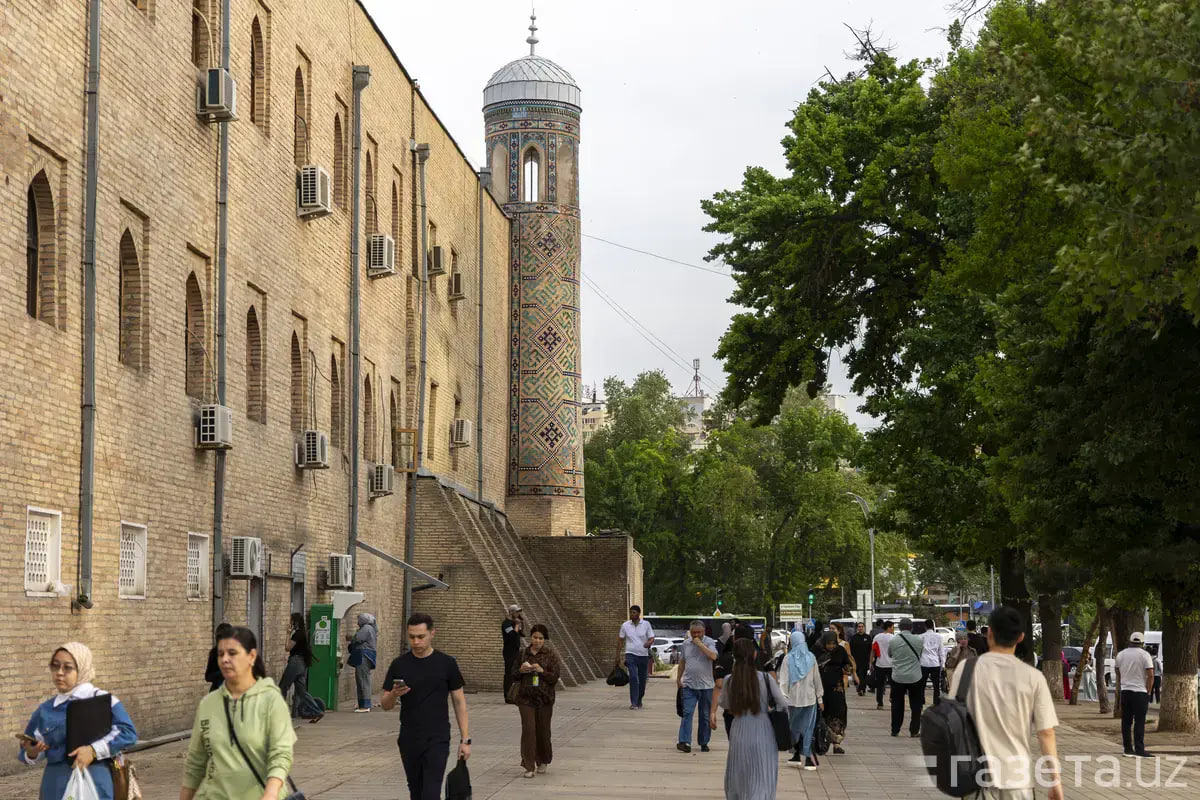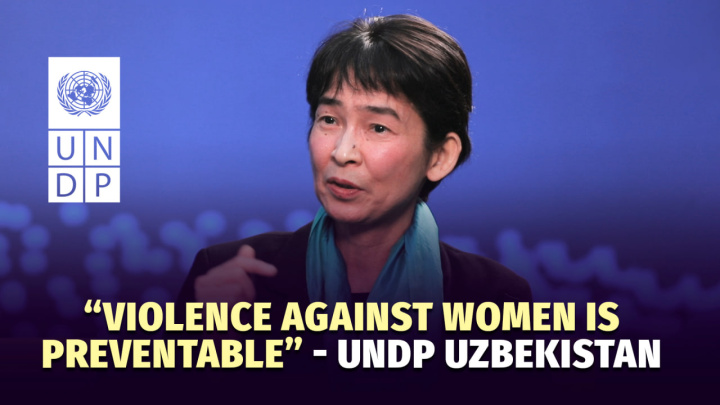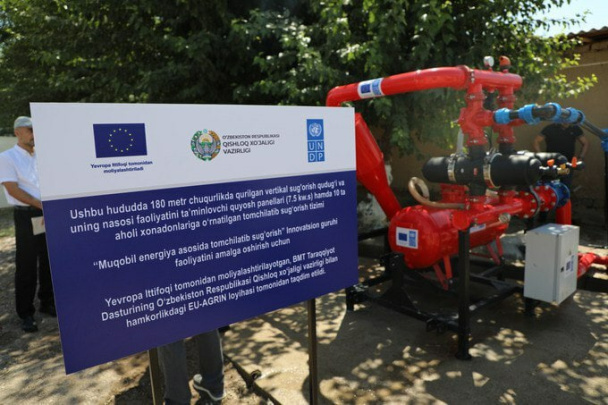Uzbekistan ranks 107th in Human Development Index
Uzbekistan has ranked 107th out of 193 countries in the new Human Development Index (HDI) released by the United Nations Development Programme (UNDP). The country remains in the category of nations with high human development.

Photo: Gazeta.uz
According to the latest Human Development Index prepared by the UNDP, Uzbekistan placed 107th among 193 countries and territories, dropping one position compared to the previous ranking.
Countries were assessed based on three key dimensions of human development: life expectancy at birth, expected and mean years of schooling, and gross national income per capita adjusted for purchasing power parity.
Uzbekistan's HDI score stands at 0.740 (with the maximum value being 1.000), placing it among countries with high human development. In the ranking, Uzbekistan is positioned between South Africa and Bolivia.
Among Central Asian nations, Kazakhstan ranked 60th and was included in the group of countries with very high human development. Turkmenistan and Kyrgyzstan ranked 95th and 117th, respectively – both falling into the high human development category. Tajikistan, unchanged from last year, ranked 128th and remains in the group of countries with medium human development.
Iceland topped the index. The top five also included Norway, Switzerland, Denmark, and Germany.
What does the report say?
The latest UNDP report is titled “Breaking the Gridlock: Reimagining Cooperation in a Polarized World”. The authors note that progress in human development has experienced an “unprecedented slowdown” across all global regions. The gap between countries with low and very high HDI scores has widened for the fourth consecutive year.
“The pathways to development that rely on expanding the manufacturing sector and creating large-scale jobs through exports to international markets – thereby reducing poverty – are narrowing. Countries now face a triple pressure: limited external financing, declining productive capacity (partly due to automation), and constrained export prospects in a climate of trade tensions,” the report states.
In this context, experts see artificial intelligence (AI) as an unpredictable factor shaping future development. A global survey conducted as part of the report revealed that AI usage is already widespread across countries with low, medium, and high HDI levels – about 20% of respondents – and is expected to grow rapidly.
According to the authors, AI places societies at a “crossroads,” with its impact depending on two key factors:
- How open a given society is to AI;
- How societies interact with and utilize AI technologies.
The report identifies three priority directions for advancing human development with the help of AI:
- Creating complementary economies where humans and AI collaborate rather than compete;
- Fostering purposeful innovation that embeds human capabilities as a core – not secondary – component of AI development and deployment;
- Investing in foundational skills to ensure people can lead meaningful lives and thrive in an AI-driven world.
Related News

16:03 / 15.07.2025
Uzbekistan’s mental health index falls below global average

18:14 / 27.11.2024
Violence against women is preventable: it shouldn’t be the norm – UNDP Uzbekistan

12:40 / 16.08.2024
New UNDP Resident Representative takes office in Uzbekistan

18:32 / 13.08.2024



